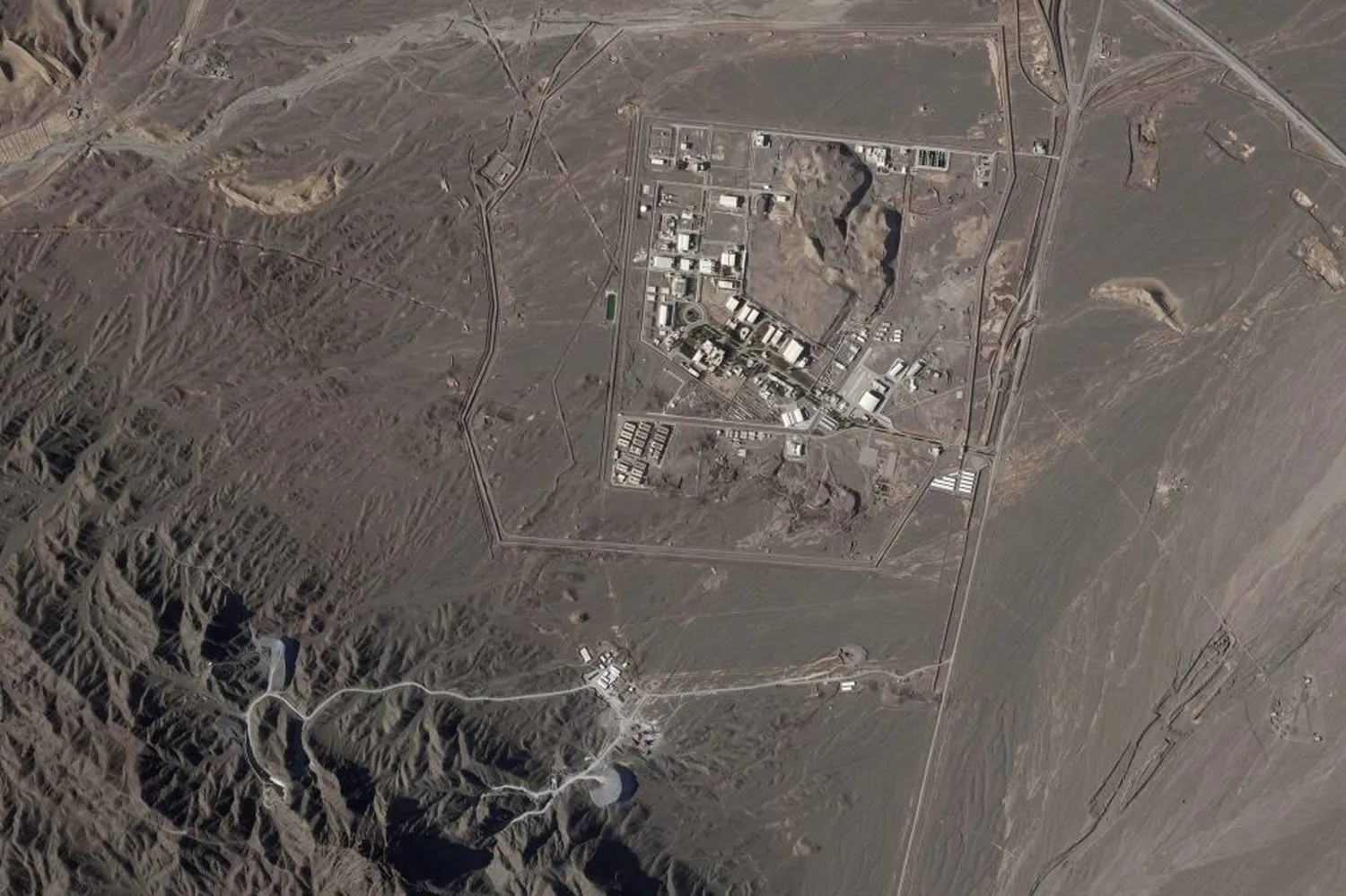Iran called upon the Group of Seven on Sunday to distance itself from “destructive policies of the past,” the Iranian Foreign Ministry spokesperson Nasser Kanaani said, referring to a G7 statement condemning Iran's recent nuclear program escalation.
On Friday, the G7 warned Iran against advancing its nuclear enrichment program and said they would be ready to enforce new measures if Tehran were to transfer ballistic missiles to Russia.
“Any attempt to link the war in Ukraine to the bilateral cooperation between Iran and Russia is an act with only biased political goals,” Kanaani said, according to Reuters. He added that some countries are “resorting to false claims to continue sanctions” against Iran.
Last week, the UN nuclear watchdog's 35-nation Board of Governors passed a resolution calling on Iran to step up cooperation with the watchdog and reverse its recent barring of inspectors.
Iran responded by rapidly installing extra uranium-enriching centrifuges at its Fordow site and begun setting up others, according to an International Atomic Energy Agency (IAEA) report.
Kanaani added Tehran would continue its “constructive interaction and technical cooperation” with the IAEA, but called its resolution “politically biased.”
He then claimed that his country is playing a constructive and stabilizing role in establishing lasting security in the region.
“Iran will act decisively in protecting and defending its national security and interests against any uncalculated behavior or actions,” the spokesman noted.
Kanaani then highlighted the illegal actions of the US and the three European countries as the root and main cause of the current situation, and said that proving goodwill and avoiding futile politically motivated actions are essential for addressing the mutual concerns of all parties.
France, Germany and Britain on Saturday condemned, in a joint statement, “Iran’s latest steps, as reported by the IAEA, to further expand its nuclear program.”
The statement noted that “Iran is legally obliged under the Non-Proliferation Treaty to fully implement its safeguards agreement, which is separate to the JCPOA.”
The three allies said “Iran has taken further steps in hollowing out the JCPOA, by operating dozens of additional advanced centrifuges at the Natanz enrichment site as well as announcing it will install thousands more centrifuges at both its Fordow and Natanz sites.”
The joint statement stressed that “Iran’s decision to substantially increase its production capacity at the underground Fordow facility is especially concerning.”
Germany, France and Britain also said it was unacceptable that Iran presented its measures as a reaction to the resolution, according to AFP.
“These measures will again increase Iran's stock of enriched uranium and enrichment capacity, whose levels have already surpassed the limits set" by the 2015 deal,” they said.
But the three allies reiterated their commitment to a diplomatic solution preventing Tehran developing a nuclear weapon.









